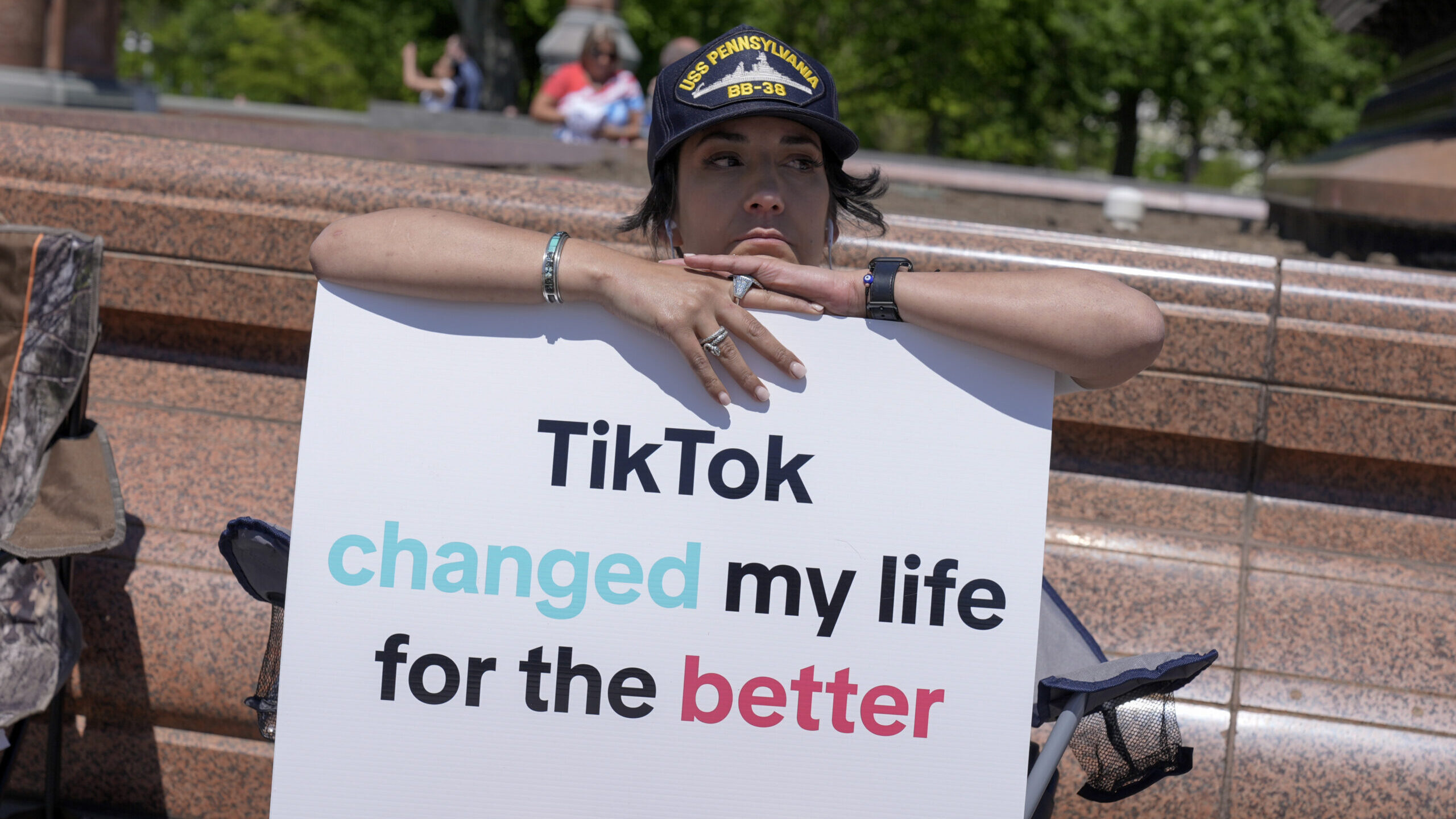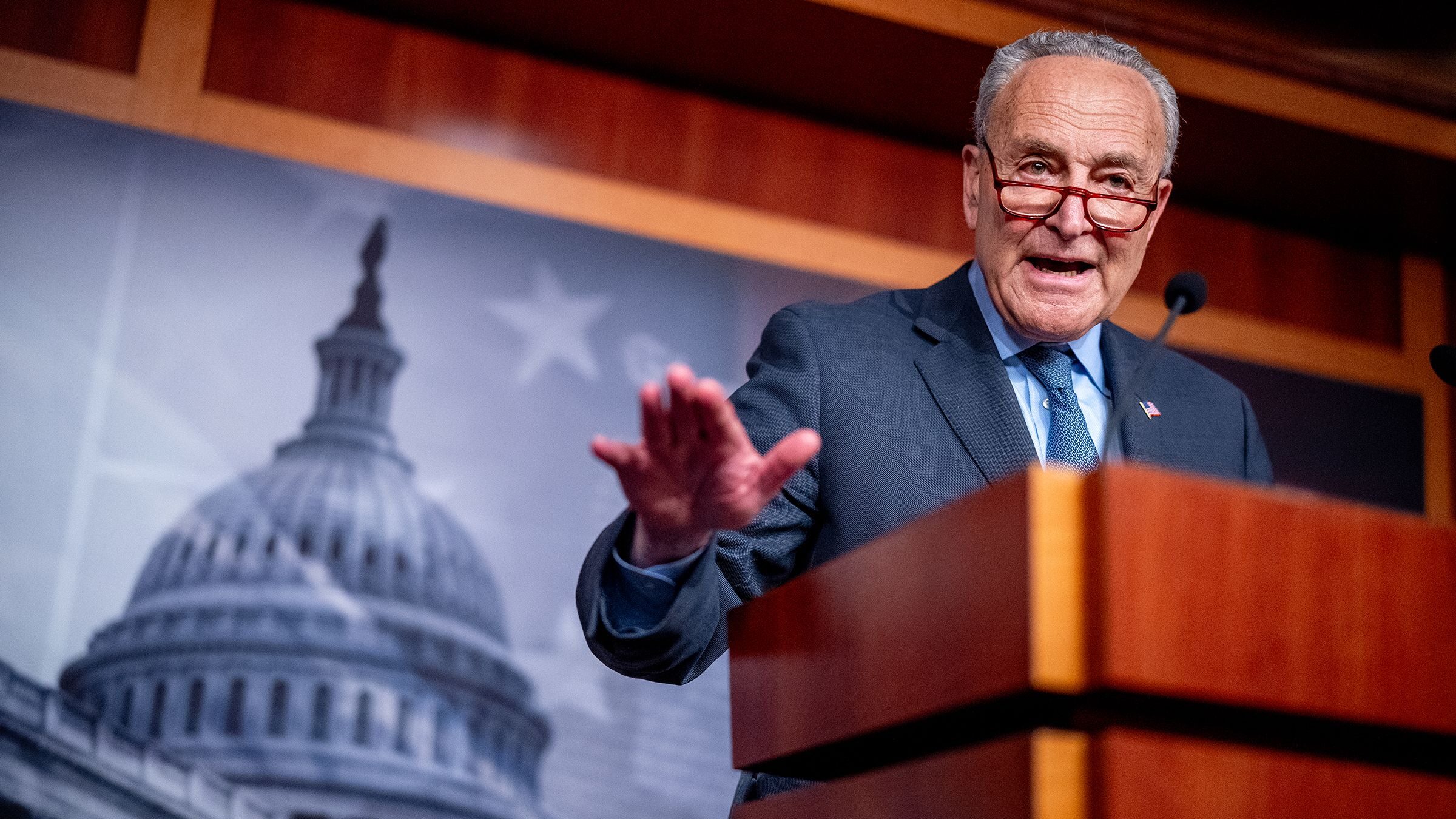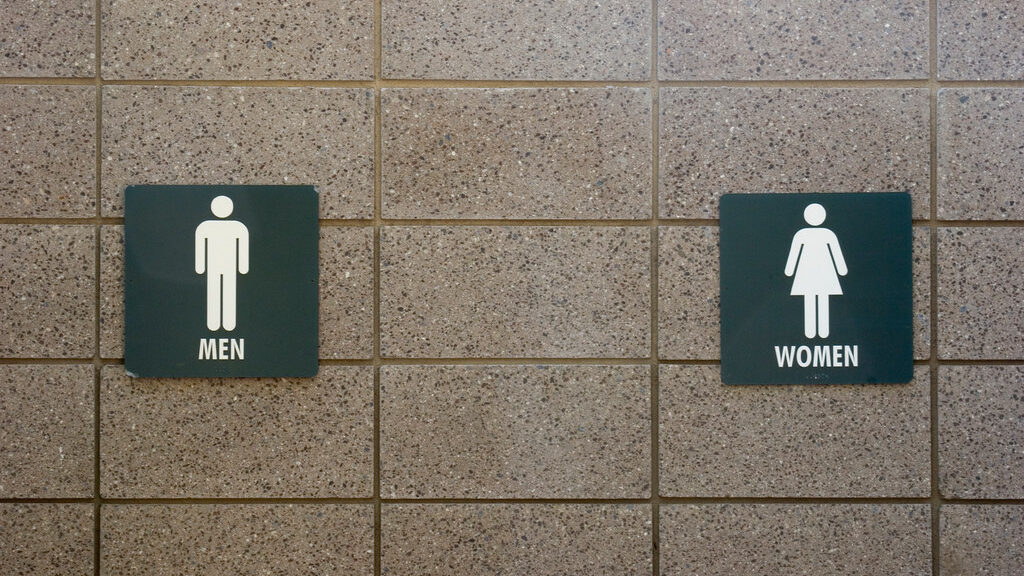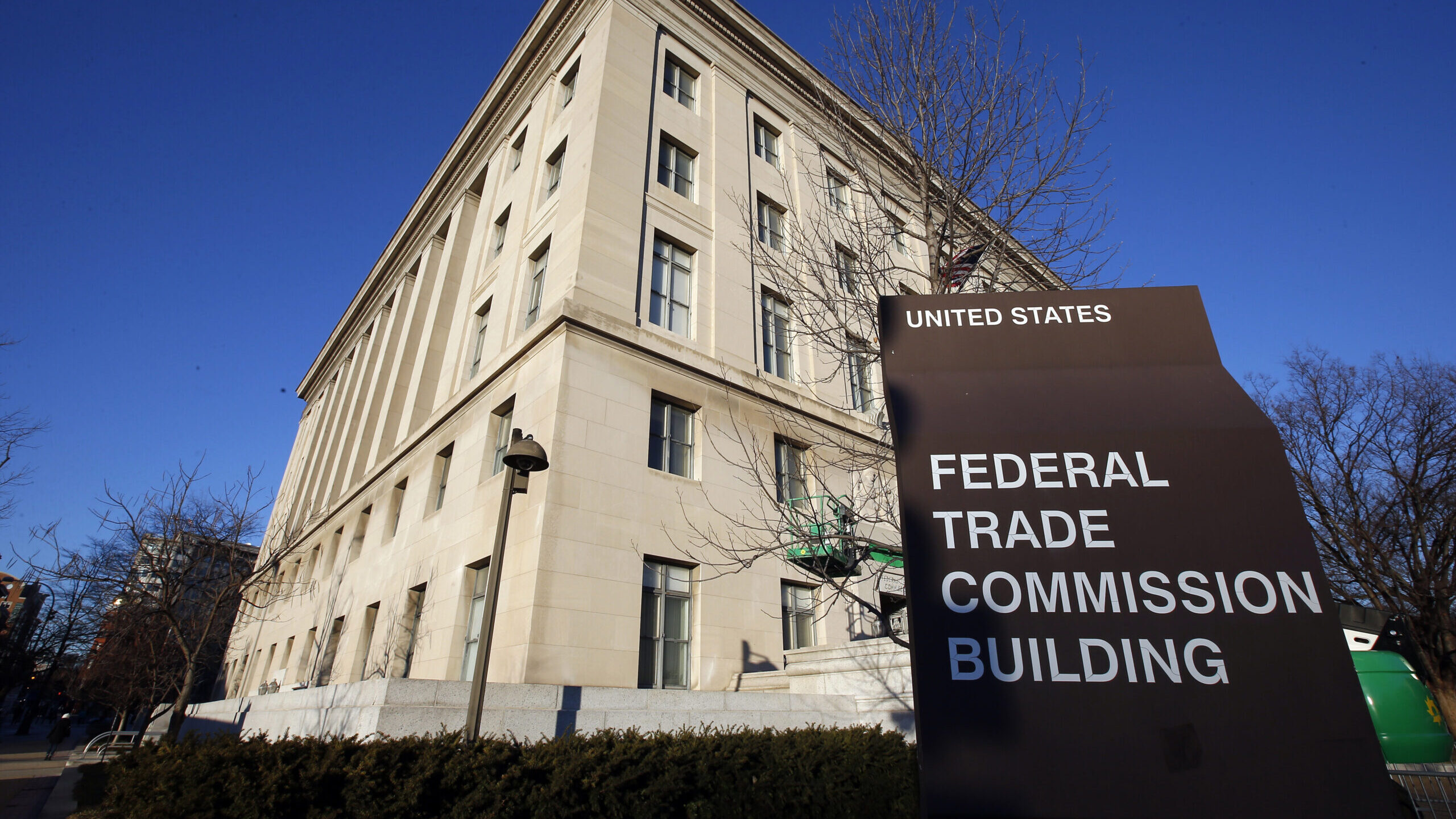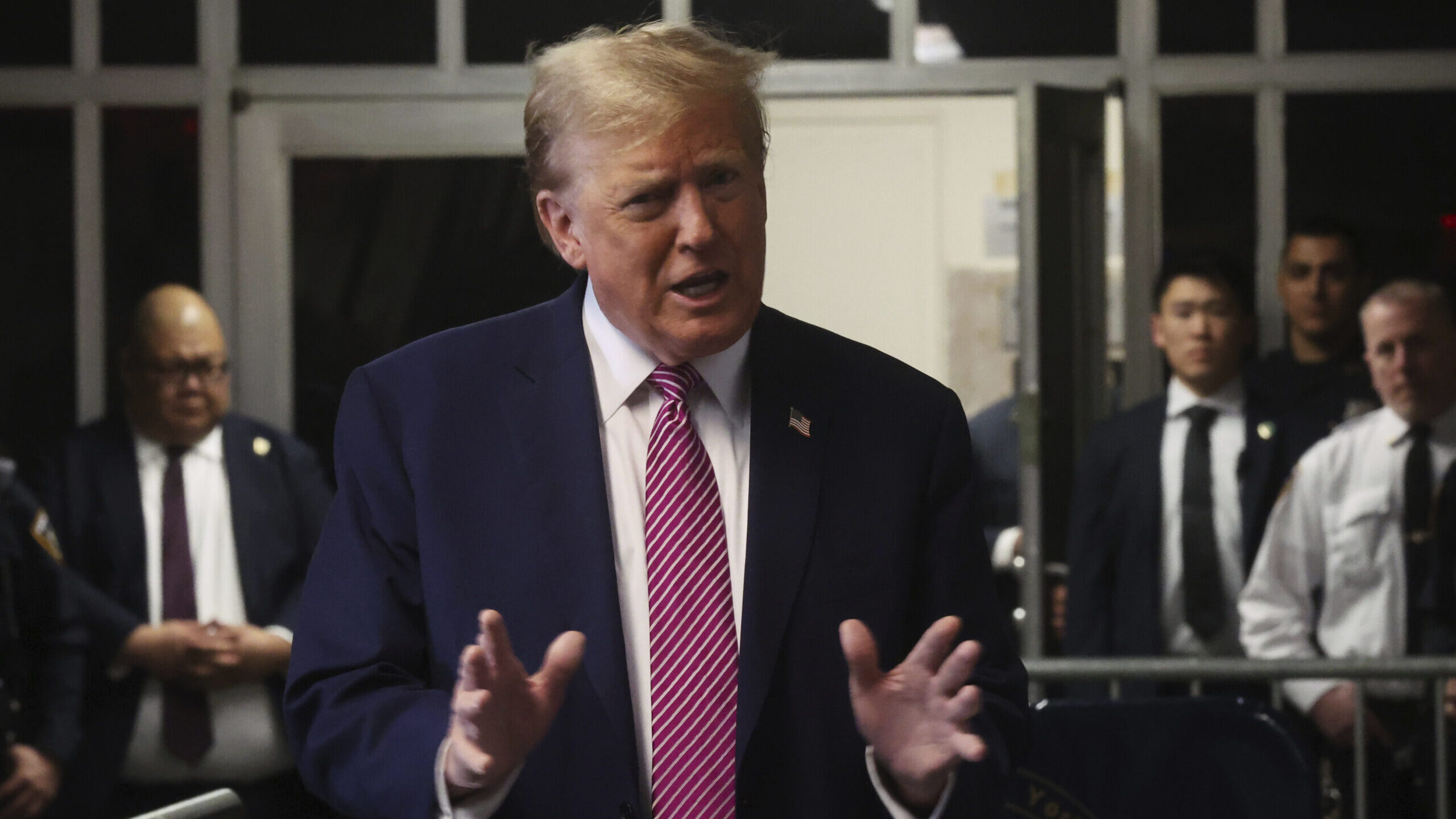Researchers: Both political parties believe ‘conspiracy theories’
Oct 27, 2020, 6:51 AM | Updated: 8:32 am
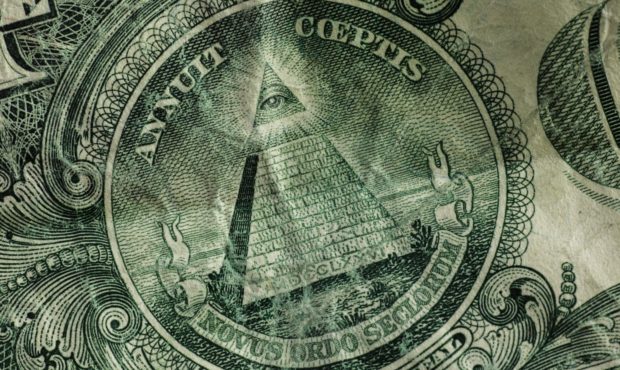
File - Unsplash
SALT LAKE COUNTY – If you think conspiracy theories only affect people on the other side of the political aisle, you need to think again. A new study shows members of both parties are falling for bad information, but why is this happening?
Elvis is still alive. Bigfoot roams the forests of Washington. NASA staged the moon landing. Conspiracy theories have existed for millennia. However, officials with the Department of Public Safety said there is a difference between misinformation, malinformation and disinformation. Misinformation is false but not created out of any intent to lie to people. Malinformation means factual evidence taken out of context; bad actors specifically make disinformation in order to trick people.
Evidence of bad information in Utah
In recent weeks, state investigators have found people trying to spread bad information about the presidential election. Sgt. Jeffrey Plank says one man posted a video that appeared to show a problem with the state’s voter registry.
“Someone had made it look like you were unable to register yourself with the Republican Party,” Plank said. “The voter database was never at risk. He was just able to make it look like his computer would only let him see certain things as far as the parties to register for.”
University of Utah American History Professor Bob Goldberg says some of the most prominent theories surround the Kennedy assassination.
“Then, you see it again during 9/11, almost parallel to the Kennedy assassination. There’s the idea that the oil companies are in line with the American military and the CIA to gain power throughout the Middle East,” Goldberg said.
Conspiracy theories unlikely to go away
He says there are reasons why political conspiracy theories will never truly go away. One, some of the conspiracies have been proven to be true, like the existence of Area 51. Two, there’s a declining trust of institutions like the media, religion, and of course, government. Pollsters from Gallup first started asking people if they trust the government to do the right thing all or most of the time back in 1958, and back then, 75% of Americans did.
“As this poll has been taken every year since 1958, what we see is an absolute erosion in that sense of trust and faith in the government,” he said.
Now, he says only 17% of Americans feel that way. Plus, he says the theories we believe tend to validate our identities; he worries the country will stay frozen in opposition between the two parties.
“People aren’t going to different networks or different outlets to check the veracity of a story. They get it, they read it and they believe it,” Goldberg said.
Both major parties susceptible
According to a recent report by Bloomberg, most Americans believe something that is either unproven or debunked. On one hand, you have the Republicans who are more likely to believe COVID-19 is no more dangerous than the seasonal flu. On the other, 60% of Democrats believe Russia has compromising information about President Trump.
Another topic of contention is mail-in voting. For example, people found ballots in the trash in states like Pennsylvania and California. So, were those isolated incidents, or a sign that the election is rigged? University of Utah Philosophy Professor Jim Tabery says it’s dangerous to downplay the issue and to over-inflate it.
“One wrong response to that is, ‘Oh, look we can’t trust mail-in voting, at all, because this happened. As a result, we can’t trust anything that comes out of this election, at all, because this happened.’ The other wrong response is to say, ‘Oh, that didn’t happen, don’t worry about that,’ or, ‘There’s nothing to see, here,’” Tabery said.
Emotion drives conspiracy
He believes people are more prone to accept these political conspiracy theories when they stop thinking rationally and start thinking emotionally. On the bright side, we have more ways to verify what is true than before.
“There is one virtue of living in this world where information constantly comes out and that is there is video documentation of almost everything,” he said.
Tabery worries a lot of people will distrust the results of the election, especially since mail-in voting could slow things down. He pleads with people to be patient.
“We, as a society, have grown accustomed to knowing the outcome of an American election the night it takes place,” Tabery said.


